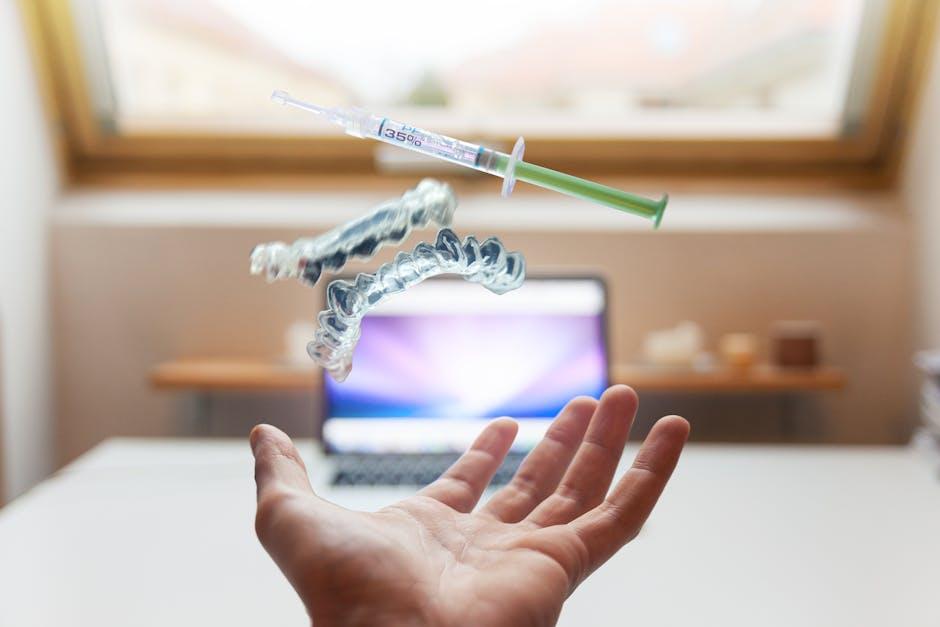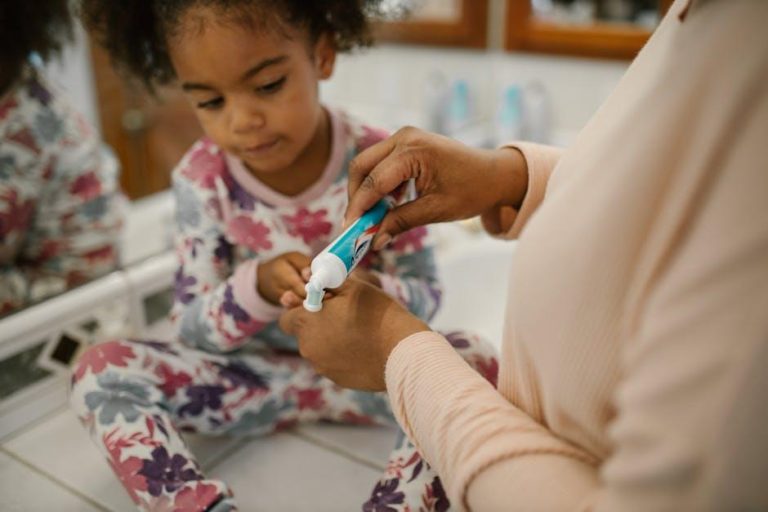
Researchers Raise Red Flags Over Harmful Impacts of Common Household Dental Care Items — Here’s What You Need to Know
Dental care is an essential part of our daily routine, with toothpaste, mouthwash, and dental floss being household staples. However, recent research has brought alarming insights into the potentially harmful impacts of some common dental care products. While these items aim to protect teeth and gums, some ingredients and materials may pose risks to oral and overall health. In this article, The Cool Down dives deep into the latest findings, helping you make informed decisions about your dental hygiene.
Why Researchers Are Concerned About Household Dental Care Products
The dental care industry is vast, with thousands of products marketed as safe and effective. Yet, independent researchers and health experts have begun to raise concerns over certain components found in everyday dental care items, including:
- Harsh chemical additives like triclosan and sodium lauryl sulfate.
- Microplastics and plastic-based floss that may harm the environment and mouth.
- Excessive fluoride levels potentially linked to dental fluorosis or toxicity.
- Alcohol and antimicrobial agents in some mouthwashes that could dry oral tissues or disrupt microbiomes.
These concerns do not mean you should stop dental care — instead, they highlight the importance of reading labels, understanding ingredients, and considering safer alternatives.
Common Harmful Ingredients in Dental Care Products
Understanding which substances may cause harm is crucial for consumers. Below is a breakdown of some widely used ingredients linked to negative dental or health impacts.
| Ingredient | Common Uses | Potential Risks |
|---|---|---|
| Triclosan | Antibacterial toothpaste, mouthwash | Hormone disruption, bacterial resistance |
| Sodium Lauryl Sulfate (SLS) | Foaming agent in toothpaste | Mouth irritation, can worsen canker sores |
| Fluoride (Excessive) | Cavity prevention in toothpaste | Dental fluorosis, toxicity if swallowed in large amounts |
| Alcohol | Mouthwash | Dry mouth, oral tissue irritation, possible cancer risk with long term use |
| Polyethylene & Microplastics | Exfoliating particles in whitening toothpaste | Environmental pollution, unknown oral health impact |
Practical Tips for Safer Dental Care
Protecting your oral health while minimizing risks is achievable with simple adjustments. Here are practical habits you can adopt today:
- Check product labels: Avoid toothpastes and mouthwashes containing triclosan, high alcohol content, or harsh sulfates.
- Choose fluoride wisely: Use recommended fluoride levels and keep products out of reach of children to prevent accidental ingestion.
- Switch to natural or organic alternatives: Consider herbal or fluoride-free toothpaste formulations that use gentle, plant-based ingredients.
- Select biodegradable floss: Replace plastic floss with silk or bamboo floss to reduce plastic pollution and prevent chemical exposure.
- Rinse with water or oil pulling: As an alternative to chemical mouthwashes, swishing with water or natural oils (like coconut oil) can promote oral health safely.
- Consult your dental professional: Discuss your concerns and get personalized product recommendations suited for your oral condition.
Case Study: The Impact of Switching to Clean Dental Products
Jane’s story:
Jane, a 34-year-old dental hygiene enthusiast, used conventional toothpaste containing sodium lauryl sulfate and mouthwash with alcohol daily. She often experienced recurring mouth ulcers and dry mouth. After learning about the harmful effects of these ingredients, Jane switched to an SLS-free, alcohol-free, natural toothpaste and oil-pulling routine.
Within two months, Jane noticed fewer mouth sores, less irritation, and fresher breath without harsh chemicals. Her dentist confirmed her gums showed reduced inflammation compared to previous visits.
This firsthand experience highlights how mindful product choices can improve not just oral comfort but overall health.
Benefits of Regular, Informed Dental Care
- Maintains oral hygiene without harmful side effects.
- Prevents dental issues like cavities, gum disease, and bad breath naturally.
- Supports a balanced oral microbiome, which contributes to systemic health.
- Reduces exposure to endocrine disruptors and potential carcinogens.
- Protects the environment by avoiding microplastics and non-biodegradable materials.
Summary: What You Need to Know About Household Dental Care Risks
While dental care products play a vital role in oral health, certain ingredients commonly found in household items may pose risks if used without caution. By staying informed about:
- Potentially harmful chemicals like triclosan and SLS
- Excessive fluoride dangers
- Alcohol’s drying and irritating effects
- The environmental impact of microplastics in dental products
you can make smarter, safer choices. Remember that maintaining excellent oral hygiene involves more than just brushing and flossing—it’s also about selecting products that protect both your mouth and the planet.
Conclusion
Our smiles deserve the best care possible, and that includes being cautious about the tools and products we use daily. Researchers raising red flags about the hidden dangers in household dental care items serve as an important reminder to pay attention to ingredient labels and opt for safer, natural alternatives when possible.
By adopting informed dental hygiene habits, you not only enhance your oral health but also contribute to a healthier environment. Stay curious, stay updated, and most importantly, smile confidently knowing you’re protecting your wellbeing from the inside out.


